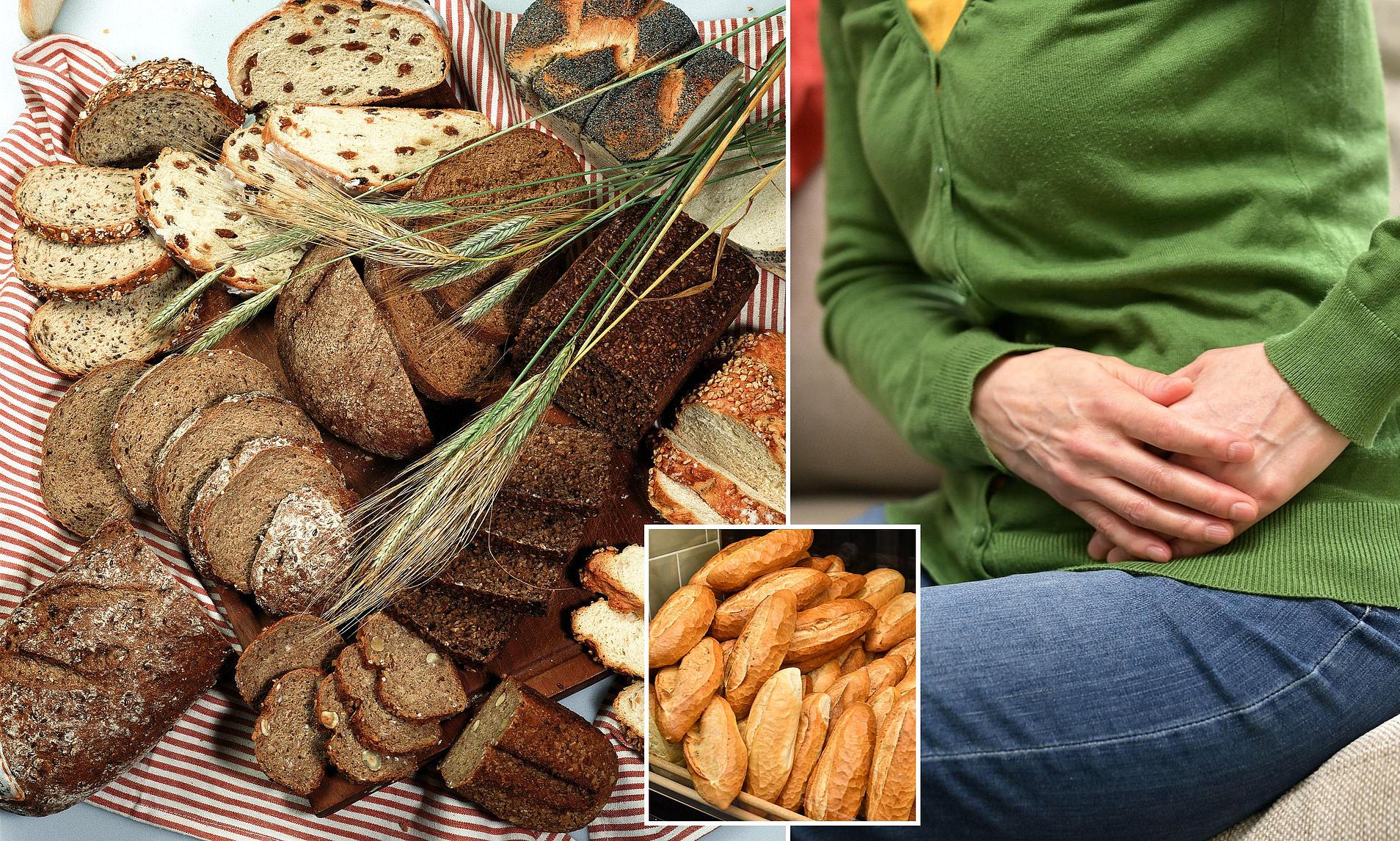
The Role of Bread in a Balanced Diet
Bread is a staple food in many households, especially in the United Kingdom, and it plays an essential role in diets around the world. However, with the growing popularity of low-carb diets and ongoing debates about its health benefits, bread has become a topic of discussion—particularly regarding whether it should be consumed daily.
With so many types of bread available in supermarkets, including white, wholemeal, sourdough, rye, and more, choosing the right option can be overwhelming. Experts have now provided insights into what happens to your body when you consume bread every day and offered tailored recommendations for those considering it as part of their daily routine.
Nutritional Benefits of Bread
Bread is rich in various nutrients, such as fiber, natural sugars, proteins, B vitamins like thiamin, niacin, and folate, as well as minerals like iron and zinc. However, its high carbohydrate content can sometimes lead to feelings of hunger after eating just a few slices.
To combat this, dietitian Kristi Ruth suggests opting for wholegrain bread, which can help you feel full for longer. A single slice of wholegrain bread provides approximately 7% of the recommended daily fiber intake. She explains that wholegrain bread is often recommended by dietitians because it contains more fiber, aiding digestion and helping to maintain satiety.
Combining wholegrain bread with high-protein options, such as sprouted grain breads, is considered an effective way to stay full and avoid reaching for more bread. Multi-grain breads also offer even higher fiber content, typically providing between five to seven grams of fiber per slice compared to two grams in standard wholemeal bread.
Health Implications of Fiber Intake
High fiber intake is associated with several health benefits, including a reduced risk of heart disease, stroke, type 2 diabetes, and bowel cancer. This makes fiber-rich bread an ideal choice for improving overall health.
Elana Natker from the Grain Foods Foundation highlights that 40% of dietary fiber comes from grain foods. Removing grains like bread from the diet could mean losing a significant source of fiber that many people rely on. Additionally, she notes that folate, found in bread, is crucial during pregnancy. Women are advised to consume at least 400 micrograms of folate daily, and those who restrict carbohydrates may be at a higher risk of having babies with neural tube defects due to insufficient folic acid intake.
NHS Recommendations and Energy Needs
For individuals incorporating exercise into their routines, the NHS recommends bread as a healthy choice, provided there are no intolerances or allergies. The health service states that bread is a “healthy choice to eat as part of a balanced diet” and emphasizes that wholegrain, wholemeal, and brown breads are the best sources of energy.
The NHS also encourages a Mediterranean-style diet, which includes more wholegrain bread, rice, pasta, fruits, vegetables, and fish, while limiting meat consumption. It further advises that a low-fat diet rich in fiber, such as wholegrain bread and pasta, can help lower blood pressure. Fruits and vegetables also provide essential vitamins and minerals that support overall health.
Potential Risks and Considerations
Despite these benefits, nutritionists at EatingWell have warned about the risks of consuming bread as part of a daily diet. High-fiber foods can sometimes cause discomfort, such as bloating, gas, and cramping. To ease into a high-fiber diet, they suggest trying white or sourdough bread, which generally contain less dietary fiber than other varieties.
Additionally, high-carbohydrate foods like bread can cause spikes in blood sugar levels, which may require insulin management for individuals with diabetes.
Final Thoughts on Bread Consumption
Ms. Ruth emphasizes that she avoids labeling foods as “good or bad” and instead encourages individuals to read nutrition labels to make informed choices. She also notes that bread should not be seen as inherently “bad,” but rather as a vehicle for delivering essential nutrients to the body.
Bread can serve as a base for healthy fats like avocado or proteins such as lean turkey and eggs, making it a versatile and nutritious addition to meals. Whether consumed daily or occasionally, bread remains a valuable component of a well-rounded diet when chosen wisely.


Posting Komentar